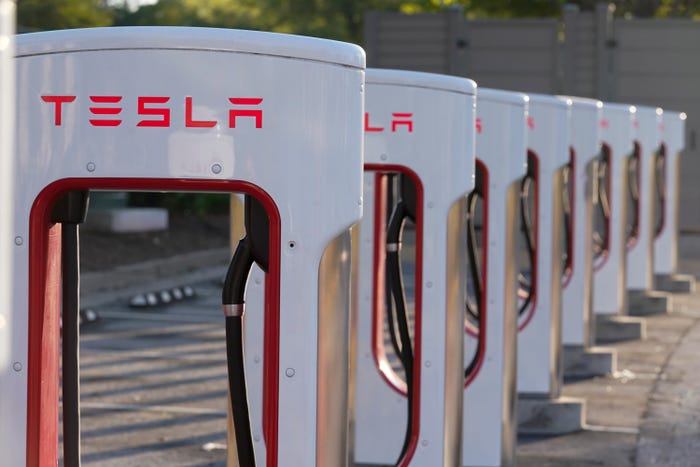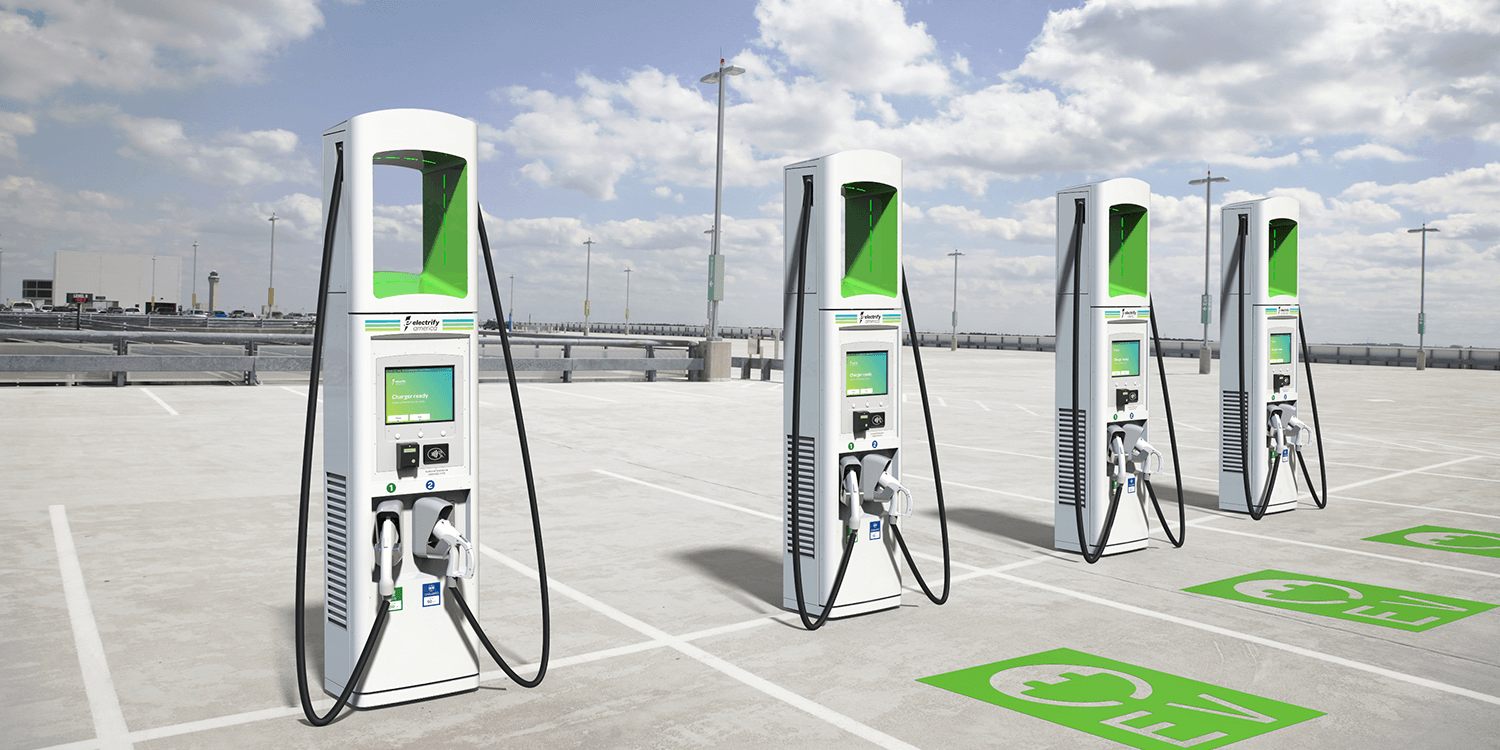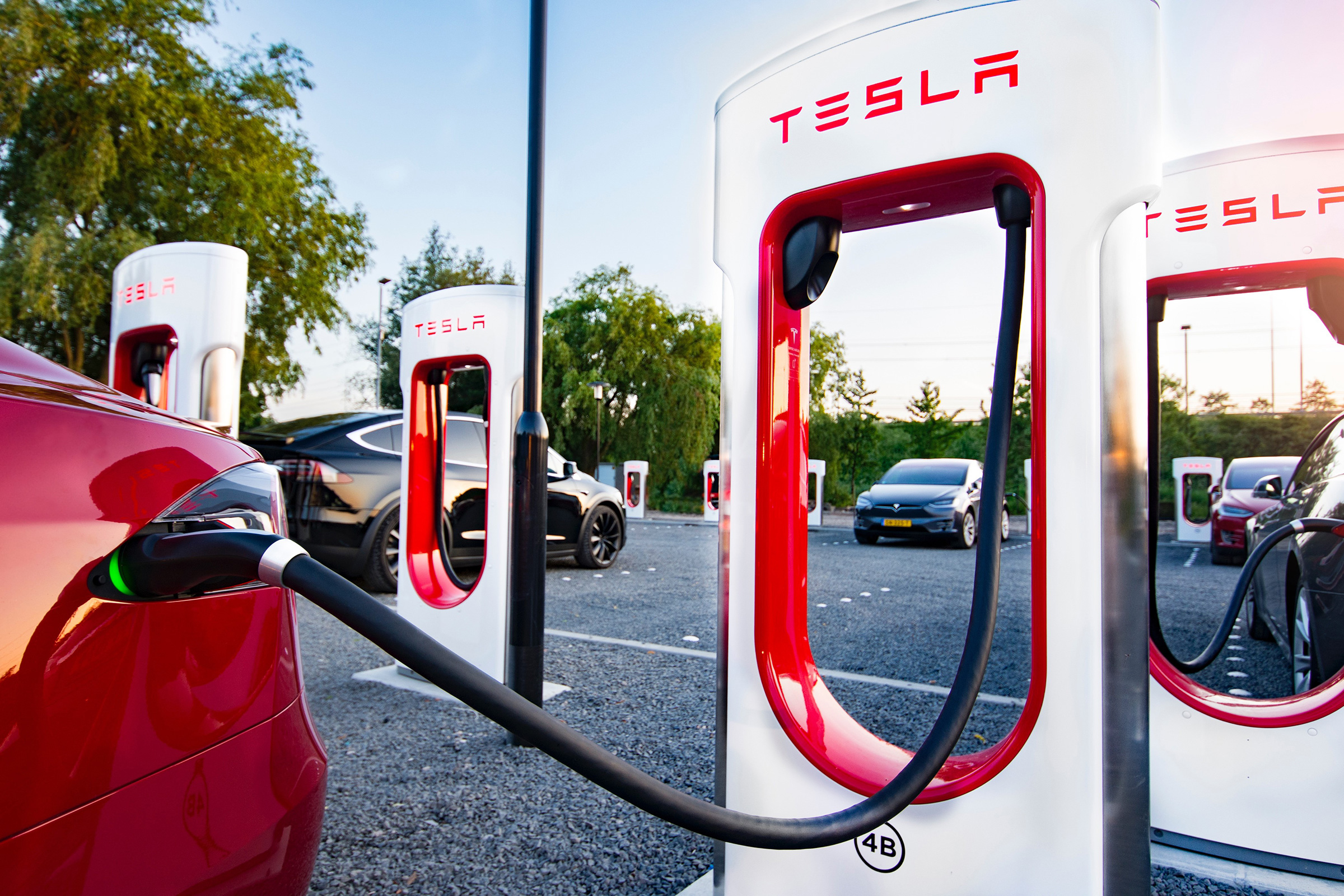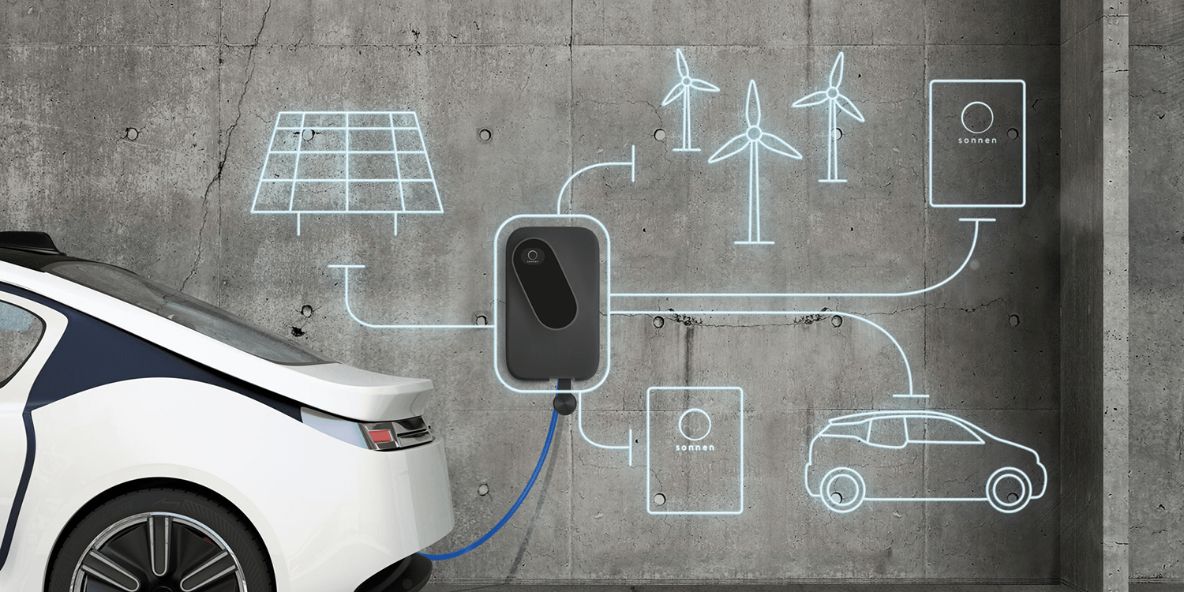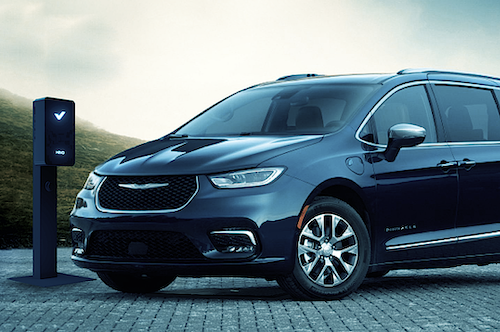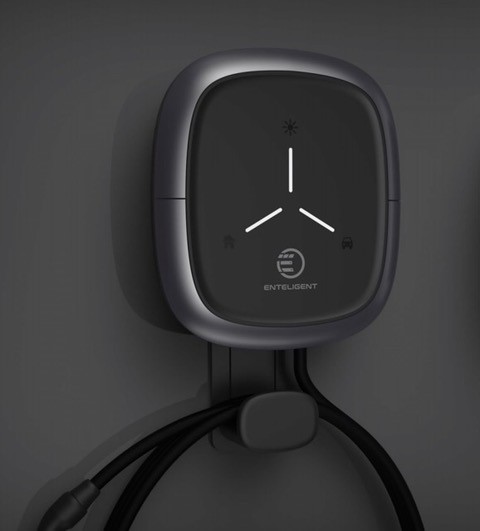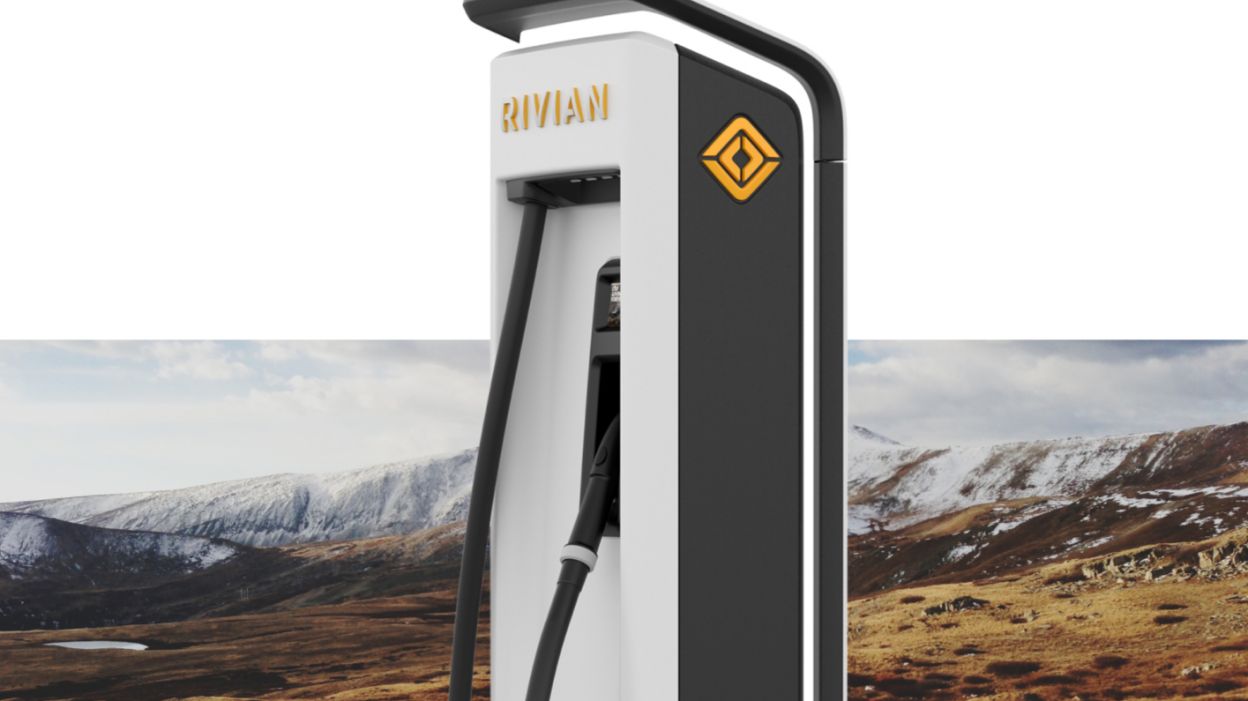Tesla will open up part of its charging network to electric vehicles made by rivals as part of a $7.5 billion federal program to electrify the nation’s highways and reduce carbon emissions, according to the Biden administration.
Tesla will install 3,500 new and existing superchargers along highways and 4,000 slower chargers at locations such as hotels and restaurants for non-Tesla customers by the end of next year.
Tesla would be eligible for a subsidy, including retrofitting its existing fleet, as long as its chargers would allow other vehicles with a federally backed charging standard called CCS to charge. Tesla has 17,711 superchargers, accounting for about 60% of total U.S. fast chargers.
Tesla’s move could make it the universal filling station of the EV era, but it also risks eroding a competitive edge for vehicles made by the company, which has exclusive access to the biggest network of high-speed ‘superchargers’ in the United States.
Opening up access to Tesla’s network would be a quick win for the federal program to build 500,000 EV chargers by 2030, up from 130,000 currently.
Tesla owners can pull into a charger spot, plug in their car with Tesla’s own charging device, and the station automatically adds battery power and bills the car owner’s account. To add non-Tesla owners would require a potentially different plug and way to pay. All EV drivers will be able to access these stations using the Tesla app or website. The White House official said Tesla has a hardware and a software solution to allow for CCS.
Investors and U.S. EV enthusiasts have been waiting for action on chargers from Tesla, and the amount of federal funds at stake means that Musk had to either act on the plan or risk other charging companies, such as EVgo Inc and ChargePoint Holdings Inc, taking the market. Analysts say opening up its networks could grow a funding and revenue stream for Tesla, but it could also erode the brand’s exclusivity and make it challenging for the automaker to manage the network.

